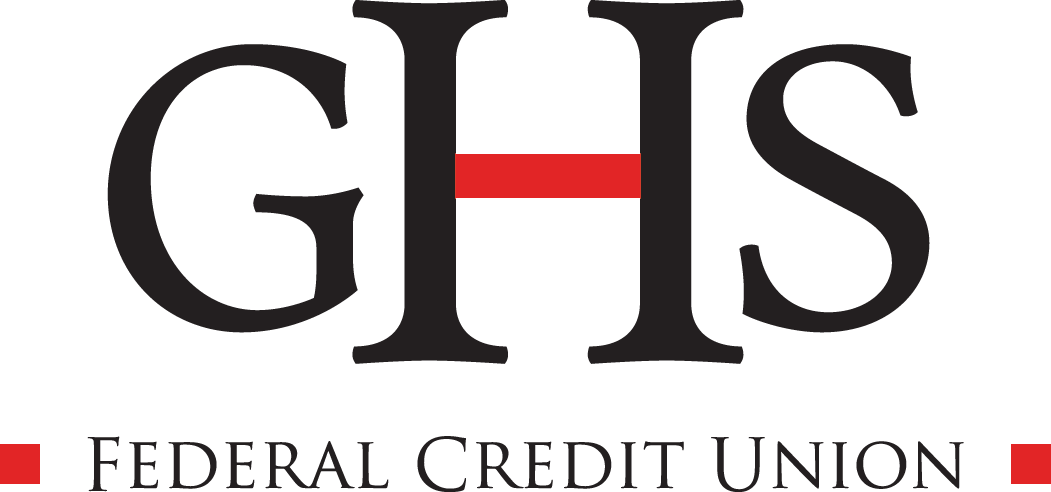Understanding Mortgage Interest Rate
When it comes time to purchase a home, you’ll hear a lot about mortgage interest rates. What exactly are mortgage interest rates and how will they impact your home-buying process?
Simply, a mortgage interest rate is the rate of interest charged on a mortgage. Your mortgage interest rate is determined by many factors — some within your control and others influenced by the economy. Understanding mortgage interest rates will allow you to make confident decisions with a focus on securing a competitive rate that works for you.
INTEREST RATES: FIXED-RATE VS. ARM
Think of interest as the price you pay for using someone else's money until you pay it back. Expressed as a percentage, it is what it costs each year to borrow the money. Generally, the amount of interest you pay every month is added to the amount still owed on a loan, also known as the principal.
There are two types of mortgage interest rates: fixed and adjustable. There are advantages to each, and the decision is based on your specific circumstances. Because we know every member is unique, GHS FCU offers both fixed and adjustable mortgage interest rates.
Fixed Interest Rates
Fixed interest rates are just that: fixed. These mortgage interest rates stay the same for the entire length of your loan. These loans are offered in 15, 20, or 30-year terms. This offers a predictable payment each month and makes budgeting easier.
Adjustable Interest Rates
An adjustable-rate mortgage (ARM) uses a rate that varies based upon the market. Therefore, the monthly payment may change over time as your interest rate increases or decreases along with market trends. Most ARMs do have a limit on how much the interest rate can fluctuate and how frequently it can be changed.
HOW ARE MORTGAGE INTEREST RATES DETERMINED
According to Freddie Mac’s Primary Mortgage Market Survey, mortgage rates dropped earlier this summer and have stayed steady. But remember, mortgage rates vary each day and the actual amount is different for everyone based on several factors.
Overall Economy
The strength of the economy has a lot to do with mortgage interest rates. Mortgage rates are set by market forces to get the prime rate. These can move up and down daily, based on the current and expected rates of inflation, unemployment, and other economic indicators.
Rates trend higher when the economy is considered to be doing well — people are willing to pay more for goods and services and unemployment is low. Rates tend to fall when the economy is slowing down and unemployment is rising.
Your Personal Financial History
Clearly, your financial history will influence your mortgage interest rate. Your credit score, down payment amount, loan amount, and income will be evaluated to help a lender decide on a rate to offer. Borrowers with a strong credit score of 740 or higher tend to have the broadest choice of loan products.
You’ll also want to consider the loan-to-value ratio. This measures your mortgage amount compared to the home's price or value. For example, if you make a $20,000 down payment on a $100,000 house, your mortgage will be $80,000. You're borrowing 80% of the home's value, so your loan-to-value ratio is 80%.
A loan-to-value ratio greater than 80% is thought to be high, so you should make sure to determine a comfortable ratio for you before searching for a home and loan. There are a lot of moving pieces in the search to find the best rate. The better your financial situation, the lower the risk you are as a borrower.
UNDERSTANDING ANNUAL PERCENTAGE RATE (APR)
To fully understand mortgage interest rates, you should consider how Annual Percentage Rates or APRs work. An advertised interest rate isn’t the same as your loan’s APR, which is the annual cost of a loan to a borrower including fees and other charges. The Federal Truth in Lending Act requires that every consumer loan agreement shows the APR.
The APR is intended to give you more information about what you’re paying. Compare the interest rate and APR to ensure you are offered the most competitive rate when shopping for a loan.
MORTGAGE INTEREST RATES WITH GHS FCU
Now that you have a better understanding of mortgage interest rates, you're more equipped to ask smart questions as our team helps you shop for the best rate.
As previously mentioned, your down payment has a significant impact on your mortgage interest rate. Read below to learn more about how this could benefit you in the process!
